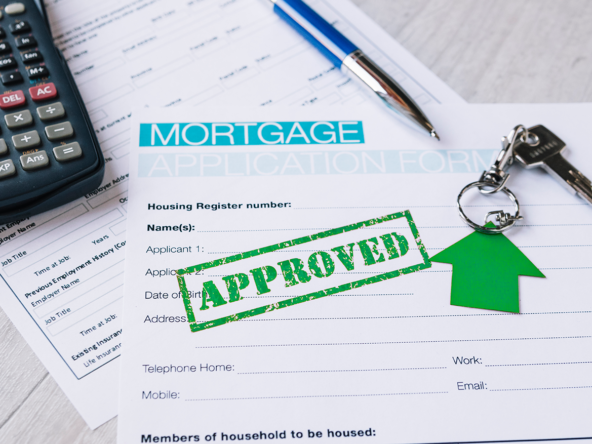- Check your credit score and work on improving it if necessary. Your credit score affects the interest rate and the loan terms you can get from lenders1.
- Save as much as you can for the down payment, closing costs, and move-in expenses. Depending on the type of loan you choose, you may need to pay anywhere from 3% to 20% of the home price as a down payment1. Closing costs are usually 2% to 6% of the loan amount1. You may also need some cash for repairs, upgrades, and furnishings after you move in.
- Figure out how much house you can afford and stick to your budget. A good rule of thumb is to spend no more than 28% of your gross monthly income on housing expenses, and no more than 36% on total debt payments. You can use a home affordability calculator to estimate how much you can spend based on your income, debt, down payment, and location1.
- Find a reputable and experienced real estate agent who can guide you through the process and negotiate on your behalf. A good agent will help you find homes that match your criteria, arrange showings, prepare offers, handle inspections, and coordinate the closing.
- Shop around for a mortgage and get preapproved before you start looking for a house. Compare different lenders and loan options to find the best deal for your situation. Getting preapproved will show sellers that you are a serious and qualified buyer, and it will also speed up the approval process once you find a house.
- Explore first-time buyer programs that may offer lower interest rates, lower down payment requirements, or assistance with closing costs. There are many programs available at the federal, state, and local levels, such as FHA loans, VA loans, USDA loans, and conventional loans with private mortgage insurance. You can check your eligibility and learn more about these programs online or with the help of your lender or agent.
- Do your research on the neighborhood, the market, and the house before making an offer. Look at comparable sales, crime rates, school ratings, amenities, and future development plans in the area. Hire a professional home inspector to check the condition of the house and identify any potential issues or repairs needed. Be prepared to negotiate with the seller on the price, contingencies, closing date, and repairs34., porta in ligula. Aliquam laoreet nisl massa, at interdum mauris sollicitudin et.
7 Quick Tips for first-time home buyers.



